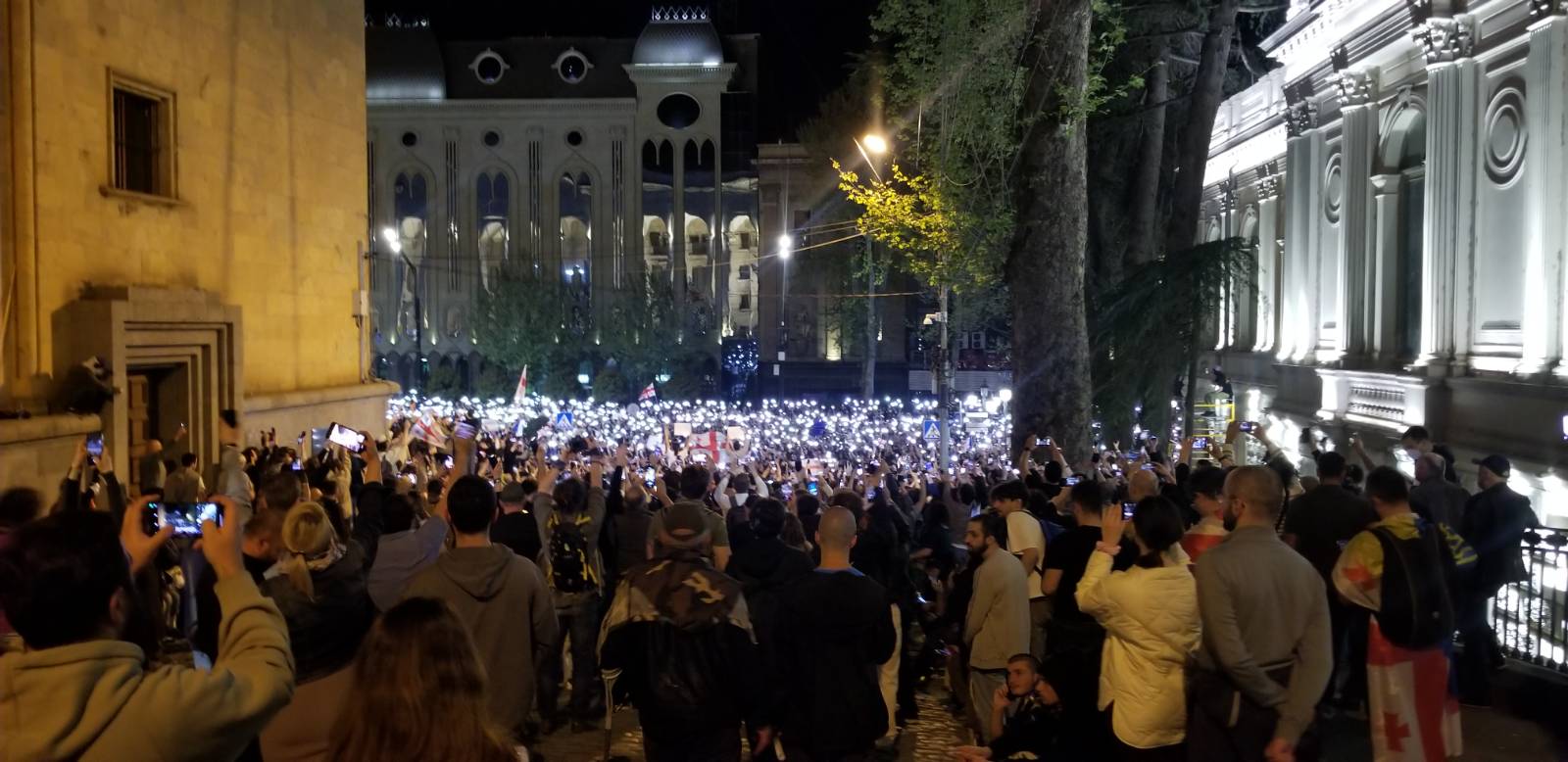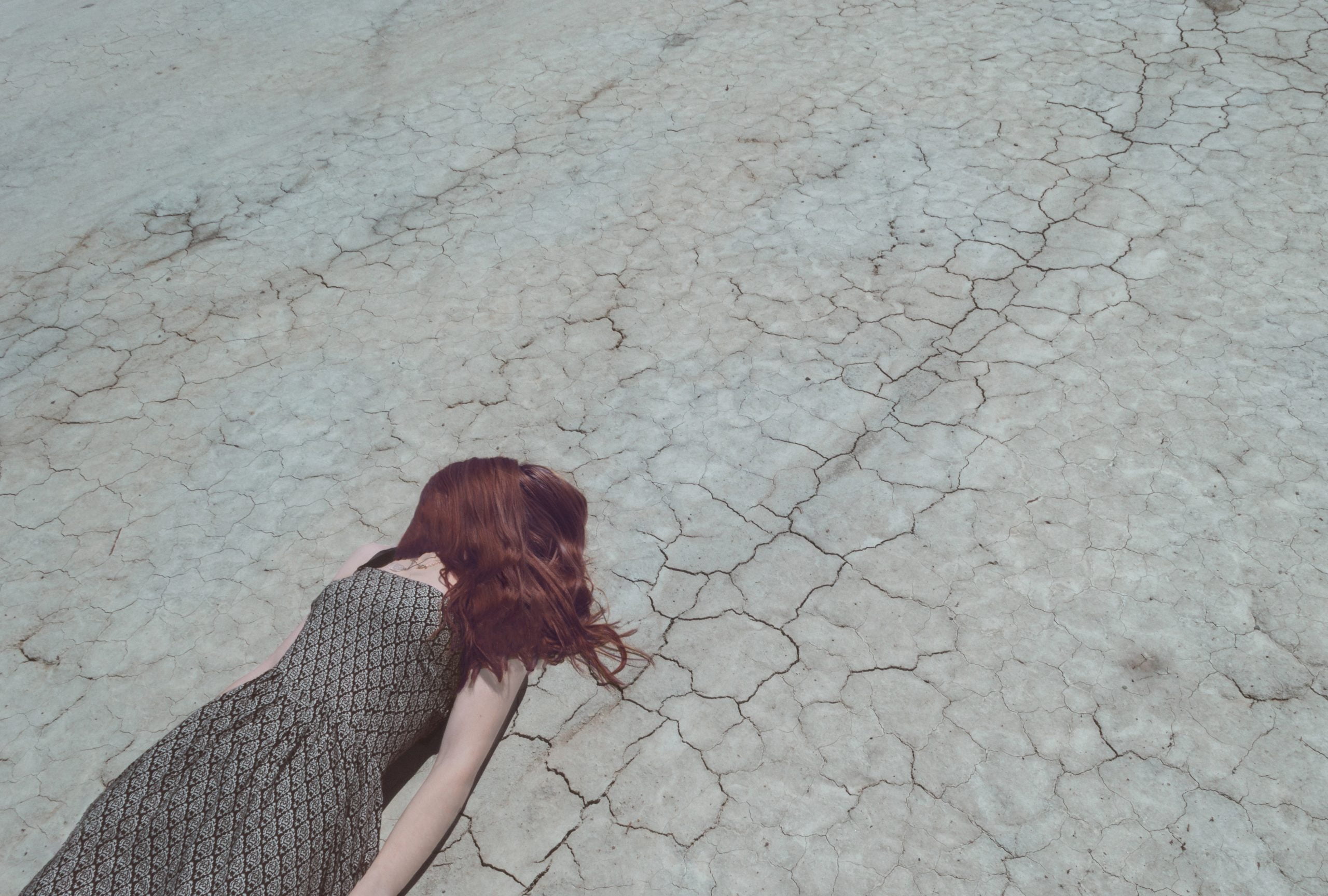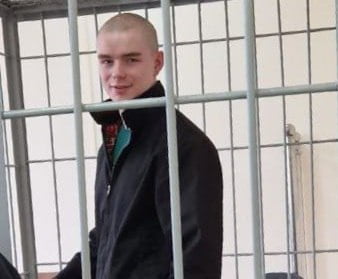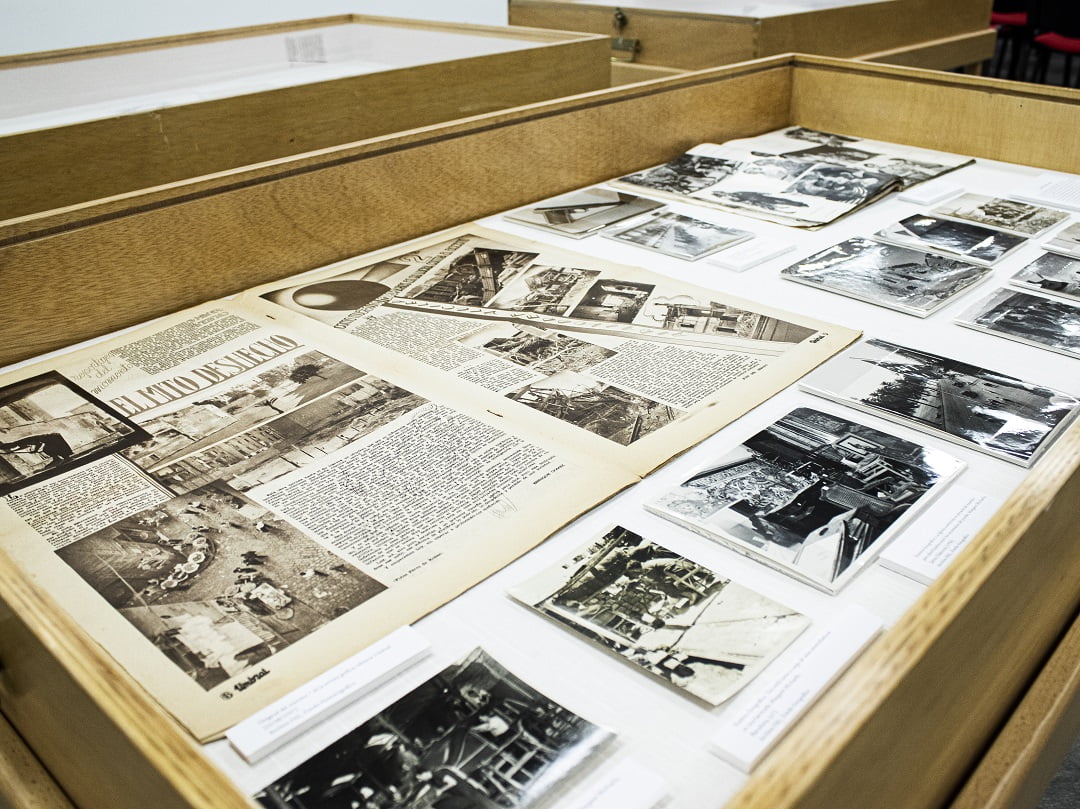“There are few of us, and we can’t handle the flow of repression.”
Solidarity Zone is a project to help people who have been repressed for anti-war resistance. We talked to project activists about solidarity within Russian society, forms of protest, and the prospects for ending the war. Female participants working in Russia answered the questions:
How did the idea of the project come about? Did you help political prisoners before, or
Did you start from scratch?

Chobot: A comrade called me and told me the concept of the project. I immediately agreed – because it’s a very important and useful initiative. It was the height of the protests and arson, and I thought about how I could be useful to society in a situation of war. Before that I had been actively helping political activists – participating in support campaigns, organising things myself. But I wasn’t at all familiar with the format of finding an arrested person whom I didn’t know and forming an infrastructure to support them.
You get very little information from the news, looking for a lawyer, often in a distant and unfamiliar city – it’s hard. Adapting and learning this complex but weighty activity has been a great help from comrades and fellows.
Cinnamon: I had already helped political prisoners, too. I knew a little bit about how it happens from the inside, being on the side of victims, that’s when the initial experience appeared. I also learned from the best, if I may say so: observing comrades who have more experience: how they act, how they build a concept of support and what actions they take in emergency situations, for example, if there are problems in interaction with a lawyer, relatives, or another “feints” on the part of the state. I myself have also begun to participate in support campaigns and events. Search became a new activity for me too, advice and ideas of comrades helped a lot, how to do it most effectively. And I am still learning something every day.
Who do you help and how?
Chobot: We help people arrested for anti-war activities. Those, who are often rejected by other human rights organisations because they have chosen militaristic methods of struggle (arson, sabotage). Right now I’m supervising Oleg Vazhdaev – he set fire to the military registration and enlistment office in Krasnodar, and Ilya Baburin – he’s under arrest in Novosibirsk on charges of organising a terrorist act (burning down a military registration and enlistment office), and, according to information from the secret police, he could face life in prison.
Cinnamon: Now we are actively supervising the cases of 14 prisoners. Each one supervises its own cases. Our main assistance is that we provide a lawyer, contact with relatives of the prisoner, organize parcels, correspond with the prisoners themselves and encourage them to write letters, provide media support. Here, of course, we provide assistance depending on the prisoner’s request, but we always provide the first visit of a lawyer.

Tell us about the most difficult processes, about how you find the psychological and material resources to work?
Chobot: The most difficult process is to cope with the obstacles that life itself poses. The FSB takes away the letter from the lawyer, the appointed lawyers threaten and hinder the work, accusing of “turbidity” and “working for another state”, once the lawyer cheated and did not go to the defendant at all. Stretched his time and then disappeared. Either intimidated detainees refuse help themselves, or have a hard time making contact. It’s all very exhausting. It helps if you can turn to your colleagues on the project, and they will try, even though they are running out of resources, to come up with a way out of this situation.
Cinnamon: I can probably add here that it can be difficult to establish normal contact with a prisoner’s relatives: they think that no one will “help for nothing”, so they see the danger, they are afraid. As for resources, I am helped by good news about the progress of prisoners’ cases. Yes, there are not as many of them as there are unpleasant and frustrating ones, but they are there. On the staff, someone is working or studying or combining all at once. We think it is okay to give ourselves time off, take days off, or partially delegate tasks to other members, if possible.
Is there anything that the project critically lacks?

Chobot: First of all, a human resource. We are few, and we cannot cope with the flow of repression that we have in Russia now. It is simply enormous. A lot of people rebel and revolt against the war – and some of them end up behind bars. At this point, we can’t take all the cases we would like to. But we are taking as many as we can take out. Also, we all work on the project on a volunteer basis, and we don’t get anything for it. By choosing to spend time and effort on unpaid labor, we are deprived of basic and vital things.
How do you support a project? Are there volunteer positions available?
Chobot: You can subscribe to our Patreon – funds from it are distributed equally among all participants and contributors. Unfortunately, you can’t subscribe to Patreon with a Russian card, so this is only relevant for people outside Russia. Props to help prisoners can be found on our social networks.
Cinnamon: We don’t have any vacancies. People who are willing to help are called, but it is important and necessary for us to know that we can trust a person, so we always discuss such things and we can’t invite everyone who wants to work. I think this is quite valid, not all participants are outside the RF. There are people who help us with some tasks, such as writing or editing texts for posts. This is an important support, sometimes you don’t have energy and time to write a news even if you have to spend 7-10 minutes on it.
Do you think there are now forms of protest that can that can bring real results?
Chobot: In my opinion, the war will only be stopped by the impoverishment of the Russian army – in matters of finances and human resources. But what is there to talk about at all? Some European countries buy Putin’s gas without seizing the accounts of Russian oligarchs. The sanctions have mostly affected ordinary citizens. Some people from Russia are being handed over to the military and going to die for the imperial ambitions of Putin and his gang. People wear T-shirts with the letter Z on them and write denunciations on those who are against the war. Unfortunately, we have no power to stop much of this. But we have to strive. I think any action is meaningful. Both peaceful and militant. And a common struggle on many different fronts will yield results. There needs to be a comprehensive approach.
Cinnamon: I think internal protests in the army can work to some extent. Legislation is heavily tightened in this regard, and the Wagner PMC is a concentration of brutality. Everything is aimed at suppressing any resistance still in its infancy. But decentralisation always makes sense, historically, states have sought to form a standing army, to forcibly unite territories. Diversion is a possible form of protest, at least if we talk about the history of the Vietnam War. And we should not forget what is going on in society.

I also have thoughts on ethnic protests in territories that Russia has persistently colonised and that don’t belong to it at all. All in all, I’m talking about all the same decentralisation, just on different levels.
Is Russian society capable of solidarity? To what extent are you able to go beyond activism and involve new people in your work? For example, do relatives and friends of prisoners of conscience only participate in helping their relatives?
Chobot: Often relatives and friends are in an extreme state of shock, they are traumatised by the repression, and they are unable to get involved in anything. Because repression in Russia is not just intimidation. It is terrible torture, kidnapping and death. My relatives were tortured. When it happened, I couldn’t do anything else but deal with the situation. And I think it is normal. Globally speaking, people in Russia who are at least somewhat interested in politics show a high degree of solidarity towards each other. At one evening of support for political prisoners, 300-400 cards can be signed and thousands of rubles can be collected, even though we live in poverty. But if we take that part of the population over 45 years old who watches TV – they are so drugged by propaganda that they are unlikely to believe information from other sources. Therefore they are practically not included in support campaigns.
Will the war and Putin last? Do you believe in the end of Putinism as a result of military defeat?
Chobot: Given the factors I was talking about, it’s a long time. Of course, I want to believe that a revolutionary situation is possible as a result of military defeat. But if you think logically there will most probably be a coup. Kadyrov or Prigozhin or someone else will come to power. And I don’t know which is worse.
Cinnamon: Considering that despite the war that Putin has unleashed, Russia has support, it’s just gray. And money is the main resource for the continuation of the war. There’s no telling when that same money will run out, but Putin is clinging to his chair in the Kremlin, so he will drag it out to the last moment.
Is the regime ready for mass repression or is it too costly a strategy according to your feelings about coming into contact with the repressive system?

Chobot: Mass repression is already underway. Yes, they are not the same as in 37-38, but the level of organisation of the police is not as high. Now there are “only” 440 persons involved in anti-war cases. But intimidation campaigns are going on at all levels – from administrative arrests and huge fines, to criminal cases with possible sentences of up to 10 years for replacing price tags in the supermarket. There is a good trend – some of the people who have been involved in setting fire to military recruitment offices have received less huge sentences.
Unfortunately, it seems that this “flaw” in the system has been corrected – and now the average sentence for arson is 10 to 20. We’ll wait and see, but let’s not give up by any means. We prepare for the worst, but we believe in the best! There is an opinion in our team that the investigators will not be able to handle 2,000 times as many cases as they are now, i.e. the scale of repression is unlikely to reach the level of 1937. We would like this to be true!
Cinnamon: I think that the regime is not just ready for mass repression, it is already escalating. In 2012, when Bolotnaya Delo was held, the regime was not yet very clear about what to do and how to behave. “Bolotnaya Delo was a landmark event, in my view, both for the community and for the regime’s preparation for subsequent repression. If there is a wave of discontent, we need to know how to tame it. The repression has begun on a point-by-point basis. In 2017, a very high-profile “Network Case” emerged: horrific torture, long sentences, and numerous repressions followed. Articles for “terrorism” or its “justification” became the main political ones. And there is no difference for the state whether these people are adults or teenagers. Repressions have been imposed on the guys who were involved in the so-called “Kansk case”. Now the “anti-war cases” also include the 205th – terrorist articles. While at first the arson charges are counted under Part 2, Article 167 (intentional destruction or damage to property), the charge is changed to Part 1, Article 205 (terrorist act) or Part 1, Article 30, para. Article 30, paragraph 1, and paragraph 2 (a) of article 205 of the Criminal Code (attempted terrorist acts). 205 of the Criminal Code (attempted terrorist act). Some of the inmates we supervise are charged with both articles. The pressure is very strong, but the will, the inner freedom and the ideas of the individual are stronger than repression.
Some of the participants are in Russia. Can you tell us about their experiences?
Cinnamon: Labour “in the shadows” is mainly not repressed. It is impossible to work openly in Russia, because otherwise the activists themselves might be subjected to repressions. I will honestly say that sometimes it is scary, but the main thing is not to give in to fear, not to be paranoid. When you are working from Russia, there are more moments of (cyber)security and caution in general. You need to have a clear plan in your mind, be prepared for evacuation and be in touch with people who are going to help you in this case. Usually you already have a plan, it’s important to stick to it and not to panic. I want to continue working from Russia for as long as possible, I have a choice now – and I’m staying. This is why it is important for me (and not only) to remain anonymous. That kind of psychological pressure takes up a lot of resource, it can be like being on pins and needles all the time. But you have to breathe and remember that you are not alone. I can get help and support from my mates, that helps a lot.
Chobot: There is a certain weariness and doom. It seems that being an activist in Russia, there is always a chance of being prosecuted – and for me I choose not to be imprisoned for a comment or a repost, but for something that won’t hurt to sit for. Of course, we work anonymously and observe the rules of activist security, but morally I still try to prepare myself for the worst, so it won’t be like a “snowball effect”. It’s good to see that they are organising whole initiatives to get people out of Russia in an emergency. There is hope.

There is also the problem of invisibility of work – when you work anonymously, you see little support, and you are constantly faced with anxious thoughts: have you done enough, can you do more? It helps a lot to have a friendly atmosphere in the team, where we can share worries and just happy or sad life events, as well as support each other and be empathetic. Taking care of each other in a team has been very effective in my experience.
This article first appeared in AltLeft
Image: Dmitry Tolkachev, CC BY-SA 3.0








